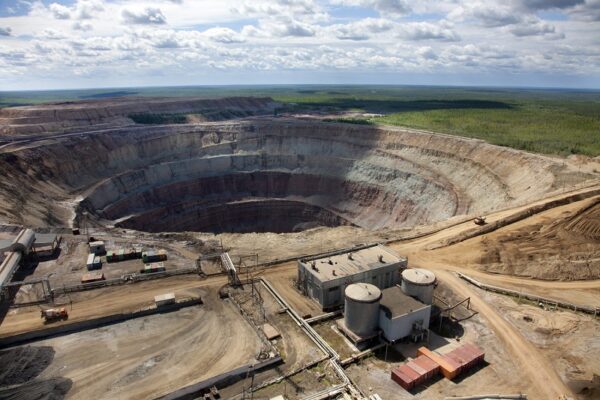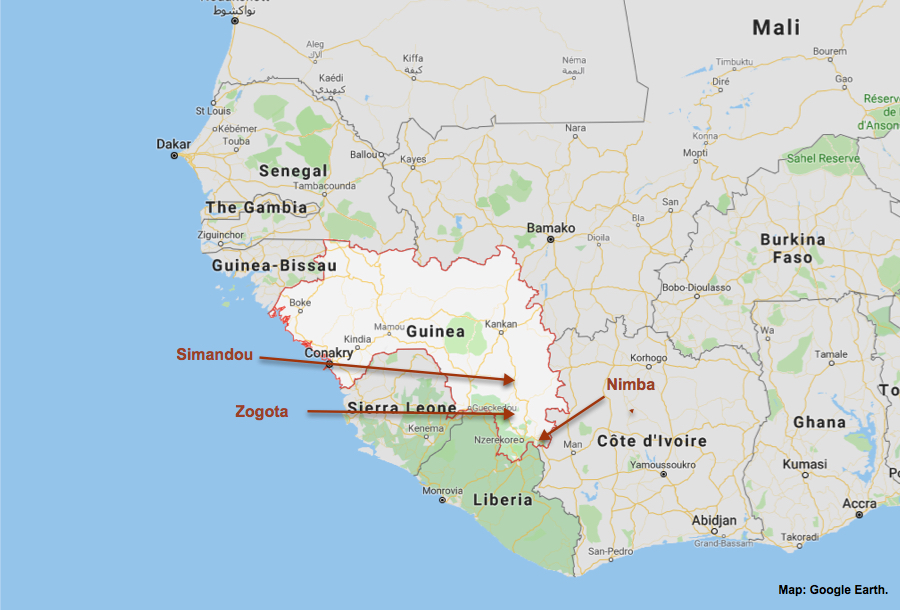Friedland’s Nimba iron ore project to get World Bank backing

The World Bank is said to be mulling a $135 million investment in the proposed Nimba iron ore mine in southeastern Guinea, which is owned by Canada’s High Power Exploration (HPX), a privately-held company founded my mining mogul Robert Friedland.
The move by MIGA, the bank’s agency for foreign investment, would help HPX deal with potential political risks associated with the mine’s exploration phase, including the completion of key studies preceding Nimba’s construction and operations.
BASED ON A 2015 REPORT BY THE UNITED STATES GEOLOGICAL SURVEY, NIMBA HOLDS ROUGHLY ONE BILLION TONNES OF HIGH-GRADE IRON ORE
The proposed open-pit is located in the Guinean Nimba Mountains, classified as a strict nature reserve in 1944 and then as a World Heritage Site in 1981-82 for being home to globally threatened and endemic species.
The boundary of the strict nature reserve and World Heritage Site was modified in 1993 to exclude a keyhole-shaped area to allow mining in the proposed project area.
Vancouver-based HPX acquired the iron ore deposit in September 2019. Based on a 2015 report by the United States Geological Survey (USGS), Nimba holds roughly one billion tonnes of high-grade iron ore.
HPX is currently conducting studies that it hopes will enable production of up to 20 million tonnes annually.
Rail issue
Guinea is also host to the famed Simandou project, which Rio Tinto, Vale, and billionaire Beny Steinmetz’s BSG Resources fought over for years. However, the West African nation has never exported a tonne, as it lacks infrastructure to transport the ore to local ports.
In October, Guinea and Liberia inked a deal to allow several Guinean mines, including the Nimba project, to export through Liberian ports.

Friedland’s company still needs to reach agreements with Germany’s steel giant ArcelorMittal, the sole rail concession holder in Liberia, to allow the company make use of its infrastructure.
Conservation International, a US-based environmental organization, is currently working with ArcelorMittal to make sure that local communities share the economic benefits of mining activities and are also empowered to protect the natural resources they rely on.
Friedland made his fortune from the Voisey’s Bay nickel project in Canada in the 1990s. Since then, he has been involved in some of the biggest mineral discoveries in the world, including the giant Oyu Tolgoi copper mine in Mongolia and the Kamoa-Kakula project in Democratic Republic of Congo_Mining.com

